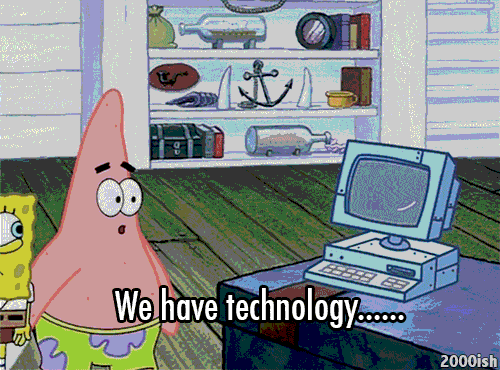recruiting-strategy
What are the top 5 recruiter skills?


Rachel Hill
HireHive

Rachel Hill
HireHive


Rachel Hill
HireHive

Rachel Hill
HireHive
Are you interested in becoming a recruiter? Or are you simply wondering if you tick all the boxes?
Whichever scenario you fit into, it is essential to know the core recruiter skills required. This is because recruiters have both an important and multifaceted job at a company or an agency. After all, they are the people primarily responsible for hiring and retaining the right personnel and advancing company growth as a result.
To find these great people, recruiters are also accountable for sourcing, screening, interviewing, rejecting and onboarding candidates. Researching, networking and collaborating with other team members are also core parts of their job, which contribute to the overall success and quality of hires.
So while recruiters clearly require a lot of skills, what do we consider the golden top 5? Here is a list of the top recruiter skills.
Listening skills are an essential trait of any top recruiter. The more you listen to other team members or clients about role requirements, the better your job descriptions and sourcing tactics will be. The more you listen to applicants, the more you’ll know if the role is right for them.
Listening from the get go will ensure top quality matches between company and candidate repeatedly. Listening carefully also allows you to build greater relationships with candidates during the screening and interviewing periods. Nobody wants to listen incessantly about how great a certain company is, so ensure candidates do most of the talking.

Recruitment is a lot like sales, meaning you must be prepared to hustle to get that perfect candidate. With the jobs market as competitive as it is, recruiters must be target-oriented, able to handle pressure and ambitious. Great candidates won’t wait around long, so your hustle skills need to be in full force.
When sourcing candidates, be relentless in your pursuit. Think of the variety of tools you can use. Sure, LinkedIn is great, but what about other social networks? What about cold calling? Boolean searches? Referrals? Past candidates? Persistence in all these different areas will help you find great candidates and reach your targets.

A recruiter needs to be an all-round, great communicator. You must communicate well with team members, but especially candidates. Candidates have invested a lot of time in your company, so you must deal with them appropriately whether it's over the phone, via email or face to face. It is important to show candidates that you value their time and that you tailor each interaction to suit different candidates.
Communicating appropriately with candidates also means giving successful and unsuccessful candidates the same respect. While successful candidates receive a congratulatory email, unsuccessful candidates often don't receive a rejection email. To ensure positive relationships with all candidates, give rejected candidates some helpful feedback. Chances are, candidates will appreciate the feedback and still speak positively of your company.

Patience and flexibility go hand in hand as a recruiter. Like many professions, things don’t go to plan on a daily basis. If candidates cancel interviews or are unresponsive, give them some time before contacting them again. Or if you are struggling to find candidates for certain roles, be patient and re-examine dated hiring solutions.
A lot of recruitment is about seeing the bigger picture and viewing the recruitment process as a marathon, not a sprint. Yes you have deadlines and targets, but it is far more counter-productive to hire someone who half fits the job description, than wait a while longer for the right candidate. Managers will appreciate your patience in the long term.

With modern technology facilitating the everyday needs of recruiters, recruiters must have good IT skills. For example, it is important to know what platforms people use to apply for jobs, as well as being able to source candidates on these platforms. These platforms may include social media sites like Facebook, Twitter and Instagram.
By using an ATS like HireHive, it is easy to know what platforms provide the best ROI. HireHive allows you to generate a number of hiring reports than can help guide your future recruiting efforts. Data-driven hiring decisions are becoming increasingly important as they refine your overall recruitment process and help justify your decisions to upper management.

Sign up for our monthly newsletter to receive the latest news, insights, and exclusive resources.

“HireHive makes the team a lot more productive. We’d be lost without it. Team Leaders can do it all themselves if needed or jump in at the right time and know exactly where everything is and what’s happening.”

Hilary Dempsey Head of HR at Life Credit union